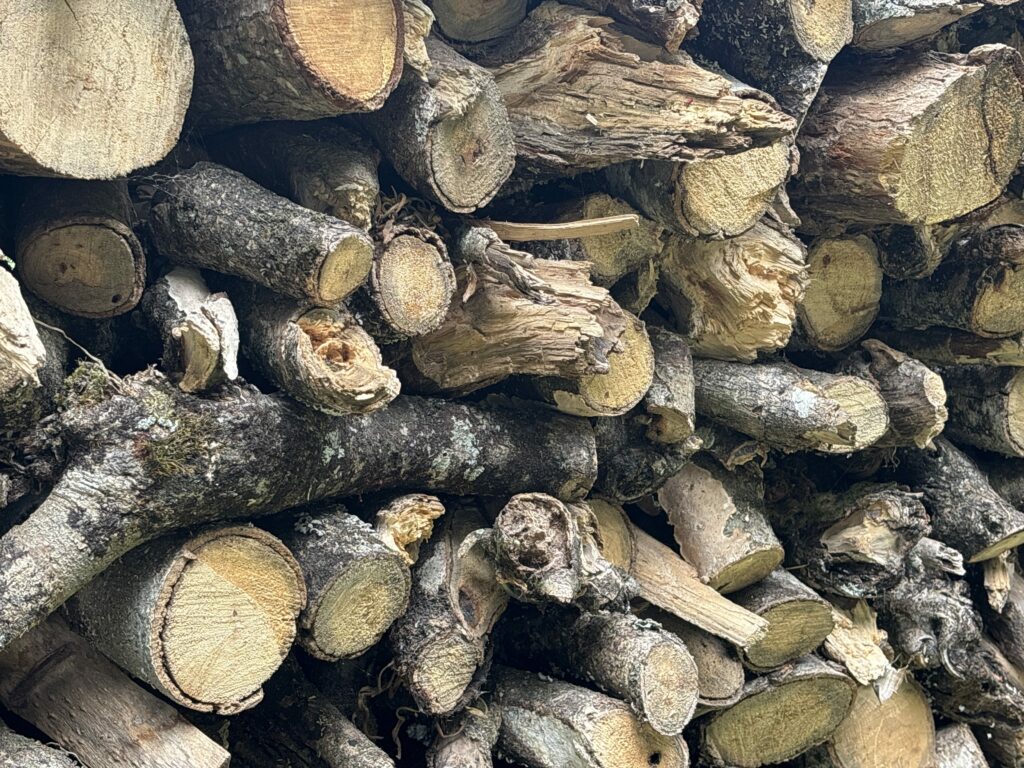
 Voice of Lango
Voice of Lango

 Voice of Lango
Voice of Lango
18 June 2025, 11:37 am

By Denish Ongora
Despite increasing awareness of climate change and the health risks of traditional fuels, the majority of Ugandan households continue to rely heavily on charcoal and firewood for cooking.
This trend persists primarily due to the high cost and limited accessibility of cleaner alternatives such as electricity and electric pressure cookers.
Maria Kizza, Finance and Marketing Officer at the National Renewable Energy Platform, highlighted the ongoing challenge during a clean energy sensitisation meeting held at Lira City Council Hall yesterday.
The event, organised by the Uganda National Alliance on Clean Cooking, aimed to promote the use of electric pressure cookers as a cleaner, more efficient alternative.
Citing a recent survey conducted across major Ugandan cities including Gulu and Mbarara, Kizza revealed that 91.4% of locals still use charcoal for cooking, while only 9.6% use electricity.
Kizza says the heavy reliance on biomass fuels not only contributes significantly to deforestation and environmental degradation, but also poses severe health risks from household air pollution.

She noted that electric pressure cookers offer a practical solution, citing their ability to reduce cooking time, lower energy consumption, and save on household fuel costs in the long term.
Kizza said the cookers range in price from UGX 250,000 for a 6-liter model to UGX 400,000 for units above 13 liters.
Julie Ongodia of Agasua Consults emphasised this affordability gap, stating that the initial cost of clean energy cooking appliances remains a major barrier.
Many participants cited frequent power outages and high electricity tariffs as deterrents to switching to electric cooking.
To address these concerns, Kiiza Jonathan, a metering engineer with Uganda Electricity Distribution Company Limited in Lira, said the company is upgrading its infrastructure by replacing wooden poles with concrete ones to reduce power outages.
He added that electricity tariffs have been revised downwards, with the current rate at UGX 412 per unit, a significant drop from the previous UGX 700 per unit.

Lira City Environment Officer, Leonard Otika, urged residents to seek information from their local governments regarding clean cooking alternatives, stressing the environmental and health benefits of reducing dependence on biomass fuels.
